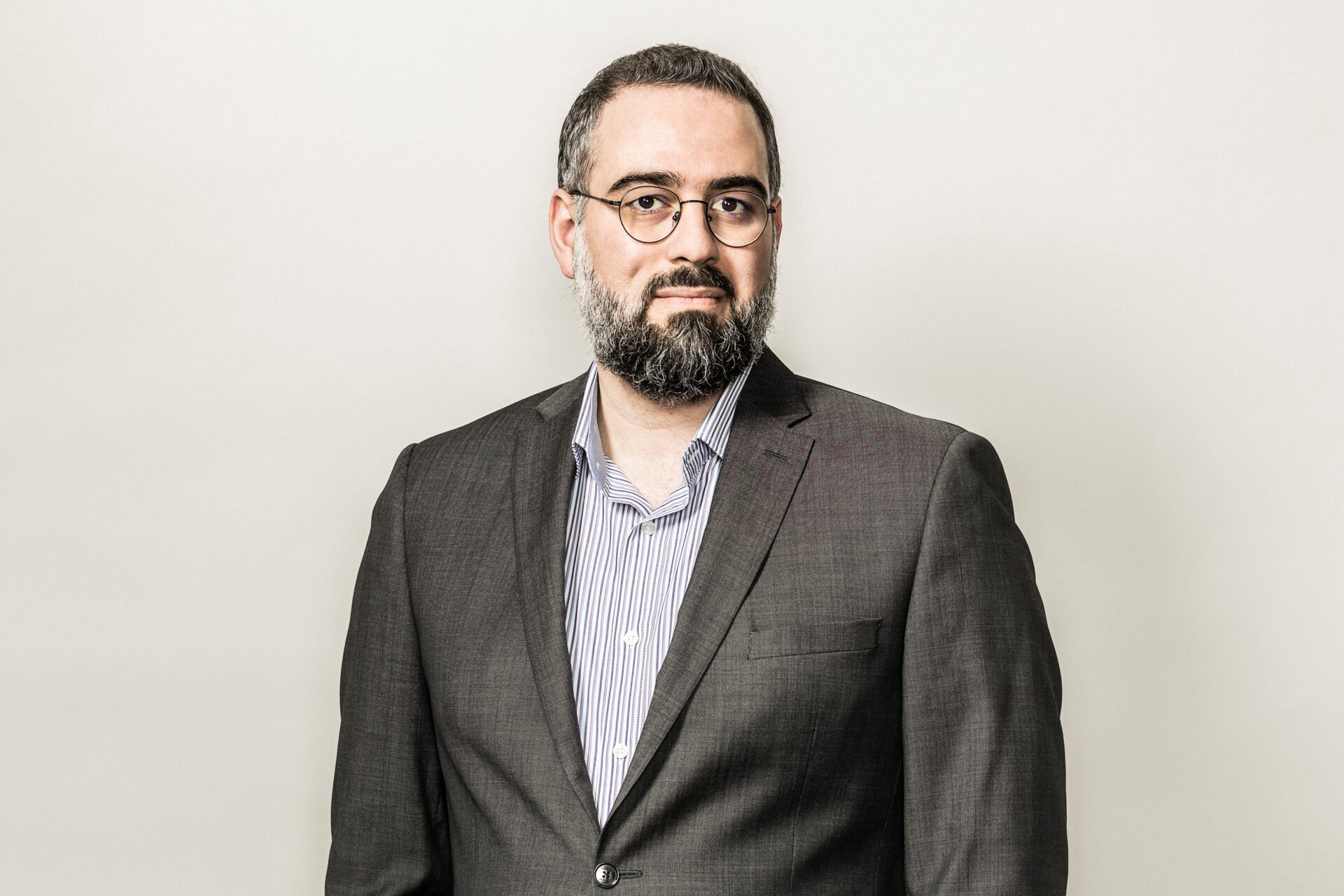Lassonde Professor, Ali Sadeghi-Naini, receives Early Researcher Award funding
Tags:

Ali Sadeghi-Naini, Associate Professor in the Department of Electrical Engineering and Computer Science at the Lassonde School of Engineering, is one of two York University researchers who have received funding from the Ontario Ministry of Colleges and Universities through the Early Researcher Awards (ERA) program.
Professor Sadeghi-Naini, a recently appointed Tier 2 York Research Chair in Quantitative Imaging and Smart Biomarkers, was awarded $150, 000 in funding through the ERA program for a project entitled “Smart quantitative imaging biomarkers for personalized breast cancer care”. The goal of this research is to develop multi-modal quantitative imaging technologies that can predict and evaluate the response of individual breast cancer patients to chemotherapy before or early after treatment initiation.
Breast cancer affects 1 in 8 women in their lifetime and is the most common malignancy for females in Ontario. While chemotherapy is a common treatment for breast cancer, between 30 to 40% of patients do not see improvements following chemotherapy while dealing with all the side effects that accompany the treatment. Assessment of whether a standard chemotherapy regimen is effective for an individual patient is often delayed due to the limitations of conventional clinical methods through physical assessments or standard clinical imaging.
Professor Sadeghi-Naini’s research program has the tools and expertise necessary to develop a smart quantitative imaging framework for breast cancer response to chemotherapy. The technology, when completed, will fill an important gap in the standard of care for cancer patients to assess patient response to chemotherapy rapidly, thus enabling them to receive efficient treatment for their malignancies. Professor Sadeghi-Naini was the first to demonstrate that quantitative ultrasound biomarkers at low frequencies can detect cell death with a high degree of sensitivity and specificity. Additionally, he has developed a magnetic resonance imaging (MRI) framework with demonstrated ability to predict long-term outcomes of brain metastasis treated with stereotactic radiotherapy. This will be combined with data mining and machine learning techniques to identify the optimal biomarkers to track and predict treatment responses before and immediately following chemotherapy.
Professor Sadeghi-Naini will accomplish this using a combination of ultrasound, elastography and photoacoustic imaging modalities. This is of particular importance as neither uses ionizing radiation and all three modalities utilize small and portable pieces of equipment. This solution would also not require the injection of contrast agents which is typical for an MRI.
Through a combination of pre-clinical and clinical studies, Professor Sadeghi-Naini’s technology aims to give the Ontario health industry a competitive edge by facilitating personalized breast cancer care.